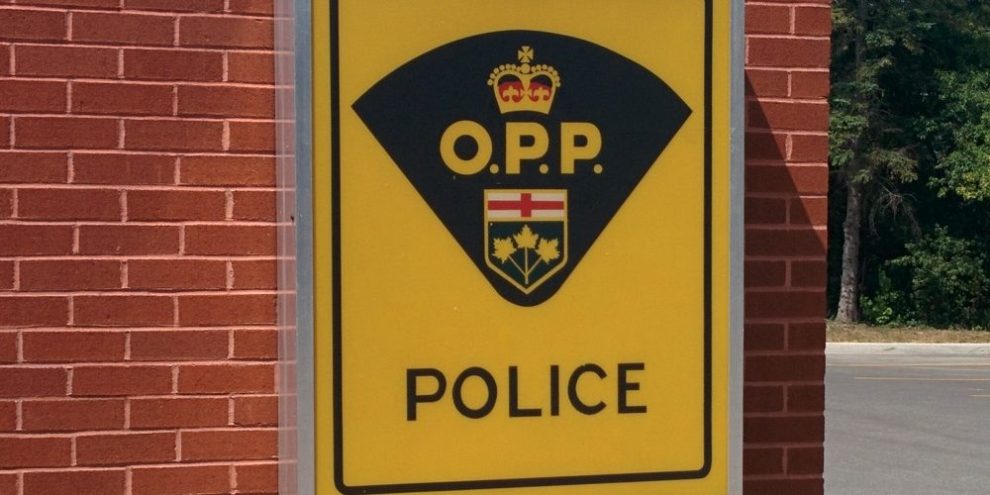
Huronia West OPP along with some good Samaritans rescued a stranded paddleboarder and her dog from the Nottawasaga River.
On Sunday, July 10, shortly after 6 p.m., police say a 41-year-old from Essa Township left Angus with her dog on a paddleboard with intentions to travel the Nottawasaga River to Edenvale Conservation Centre.
Officers say due to low water levels in some areas and unforeseen obstacles in others, the female was forced to portage in several areas which caused her to become exhausted.
Around halfway through the 20-kilometre trek, she and her dog were forced to stop and wait for assistance. A family member, along with a good Samaritan left Edenvale in a boat in an attempt to locate them.
According to police, because of the shallow water, the rescuers were forced to abandon the boat and navigate the swampy regions on foot in the dark. The exhausted pair eventually located the female several kilometres away.
After spending a night in the bush, all parties were eventually rescued and lifted out by helicopter.
The OPP would like to remind everyone that it is their responsibility to make sure they are prepared when travelling into remote areas, and to appropriately manage any risks associated with these recreational activities.
Search and rescue operations can be complex, expensive, time-consuming, and involve multiple agencies that are put at risk.
OPP say to avoid putting yourself in potentially dangerous circumstances in the first place and to properly plan for contingencies, be prepared for worst-case scenarios, and take along appropriate equipment/clothing.
Here are a few suggestions for anyone planning a wilderness trip or a risky recreational activity:
- Know your limits. You should plan a trip or activity that matches your experience, skills and fitness level. Overextending yourself or overestimating your skills could result in a dangerous situation which may require search and rescue.
- If you want to expand your abilities, travel with an experienced friend or professional guide or take a course to improve your skills.
- Leave a route plan with a friend or family member with an expected return date. Tell them to contact the appropriate authority if you do not return on time and have not contacted them about any delays.
- Carry a cell phone if they work in the area you are visiting or carry a satellite phone for emergency calls.
- Carry all necessary emergency equipment including a first aid kit, extra food and navigational aids.
- Carry spare batteries for any GPS device and a map and compass for backup. Know how to use them.
For detailed information on emergency preparedness during wilderness trips, visit the national AdventureSmart program at www.adventuresmart.ca.
Feature image - file photo - Barrie 360





